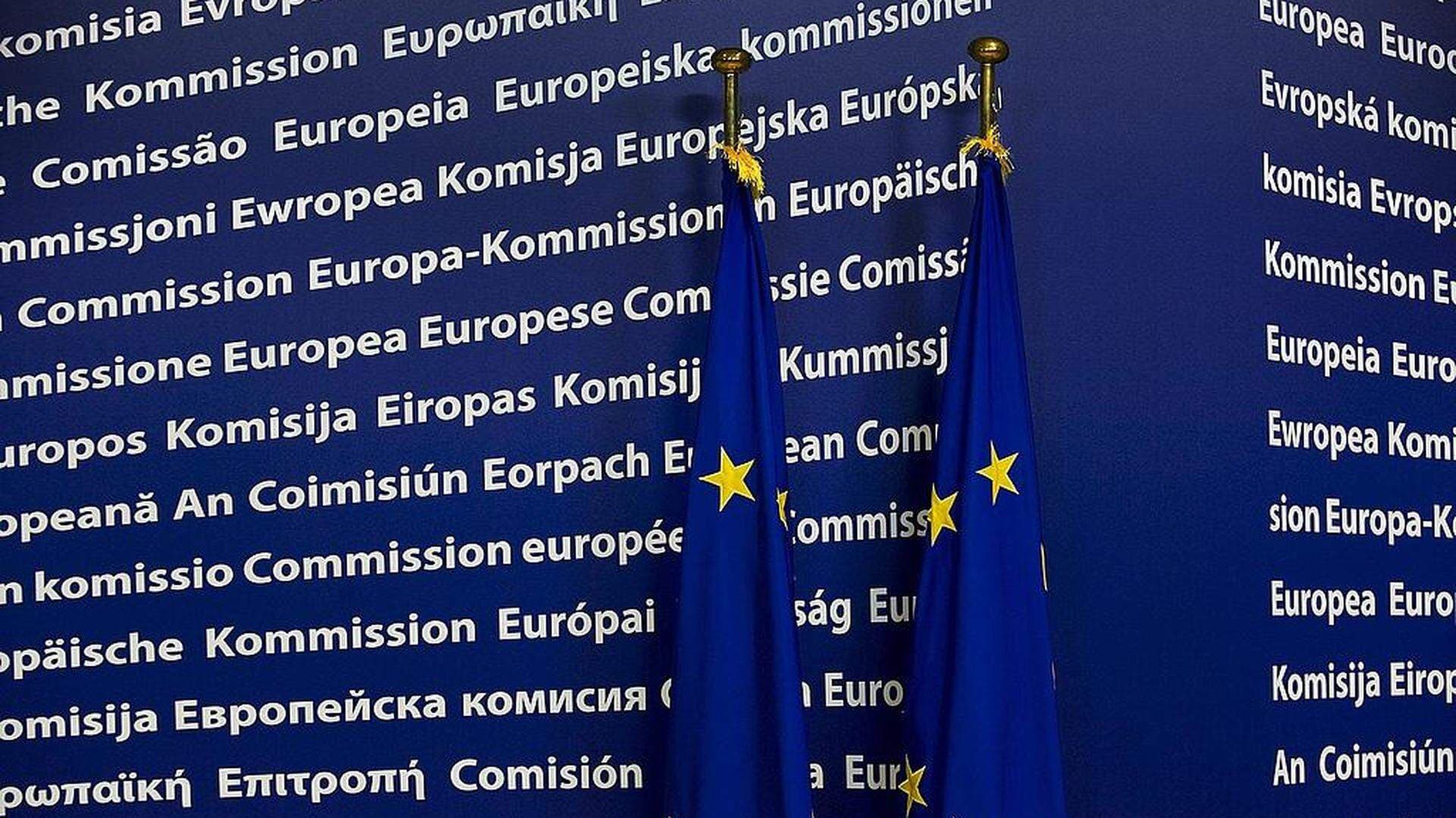The EU’s defensive trade agenda
The current EU trade today is not primarily about creating good opportunities for European companies to do business with their counterparts in other countries. Instead, it focuses on other, more defensive, objectives. Now, a new report has clarified where we are headed with this new agenda.

For many years, the ongoing debate in trade policy has been about the best methods to liberalise world trade. Would this be through the World Trade Organization (WTO), or through a range of trade agreements with individual countries or groups of countries, such as the EU’s agreements with Canada or Japan. All of these approaches were based on the fundamental idea that globalisation was inherently good; in other words, the discussion was mainly about the most effective methods to realise its potential.
However, this is no longer the case. The focus has now shifted to other issues and there is a consensus that globalisation has a host of inherent problems that need to be addressed. In the EU, this is already reflected on page one of the European Commission’s trade policy agenda, which states that trade policy is subordinate to the EU’s environmental policy, the Green Deal. Indeed, had the agenda been written today, it would probably have said that trade policy is also subordinate to security policy. The desire to make the economy sustainable, to keep Europe safe as well as the desire to ensure that companies compete on a level playing field are now the main drivers of trade policy. This is also an important aspect of the EU’s increasing focus on autonomy and state intervention - where the public, through State Aid and industrial policy, rather than business - determines the direction.
In concrete terms, this is reflected in a variety of legislative proposals within the EU. The Confederation of Swedish Enterprise understands the motivation for several of the proposals and can support them to varying extents, as they may present reasonable attempts to achieve those goals that we support, such as the transition to a climate-neutral economy. However, the proposed means are often neither appropriate nor clear. The Confederation therefore commissioned one of Europe’s leading think tanks in international economics (ECIPE) to draft a report on eight of the proposals that we believe will be important to pursue in the future. The report describes both how they will eventually become legal texts, and how they will be deployed in practice. ECIPE has studied the proposals individually in detail as well as analysing the overall impact of the proposals.
The proposals analysed in the report are CBAM (climate tariffs), IPI (procurement), FSI (anti-subsidy policy), anti-coercion (trade sanctions), due diligence and the deforestation initiative (supply chains) along with the Enforcement Regulation and the TCA trade agreement with the UK (fair competition).
Some of the risks clearly identified in the ECIPE report include increasing unpredictability for the ability of companies to trade in services, threats to intellectual property rights, risks of trade conflicts with other countries, increased prices and reduced competitiveness, weakened competitive pressures within the EU and demanding requirements placed on companies’ supply chains.